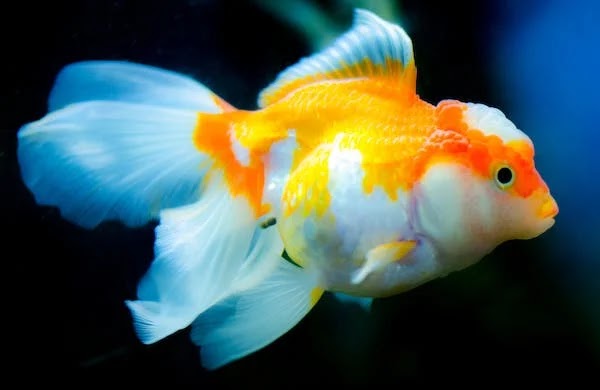There are approximately 33,600 known species of fish in the world, but it's estimated that there may be as many as 50,000 different species of fish in total. This number is constantly changing as new species are discovered and others are reclassified. Fish are a diverse group of animals that can be found in a wide variety of environments, from freshwater to saltwater, and from the deep sea to the shallowest ponds. They come in many different shapes and sizes, and they have evolved a wide variety of adaptations to help them survive in their specific environments.
Fish can be broadly divided into two groups: bony fish and cartilaginous fish. Bony fish, which make up the vast majority of fish species, have a skeleton made of bone, whereas cartilaginous fish, such as sharks and rays, have a skeleton made of cartilage.
It is worth noting that the number of species
of fish can be impacted by human impact such as overfishing and pollution, it
can affect the biodiversity of fish species in the world.
Fish
can be classified based on several characteristics, including their physical
features, behavior, and habitat. One common method of classification is based
on their anatomy and the presence or absence of certain characteristics, such
as scales, fins, and gills. Another method is based on their evolutionary
relationships, using classification systems such as Linnaean taxonomy or
phylogenetic classification. Additionally, fish can also be classified based on
their habitat, such as freshwater or saltwater fish.
Classification of fish with example
Fish are classified into different groups based on their characteristics, such as physical features, behavior, and habitat.
One example of a fish classification is by jaw type. Fish with a "jawless" type, such as lampreys and hagfish, are placed in the Agnatha class. Fish with "placoid" scales, such as sharks and rays, are placed in the Chondrichthyes class. Fish with "ganoid" scales, such as sturgeons and paddlefish, are placed in the Acipenseriformes class. Fish with "ctenoid" scales, such as bass and perch, are placed in the Actinopterygii class.
Another example of fish classification is by
habitat, such as freshwater fish and saltwater fish. Freshwater fish are found
in rivers, lakes, and other bodies of water that have less salt content than
seawater. Examples of freshwater fish include salmon, bass, and catfish.
Saltwater fish, on the other hand, are found in oceans, seas, and other bodies
of water with high salt content. Examples of saltwater fish include tuna,
halibut, and cod.
(Siraj Hassani-2k12-MS17)





0 Comments